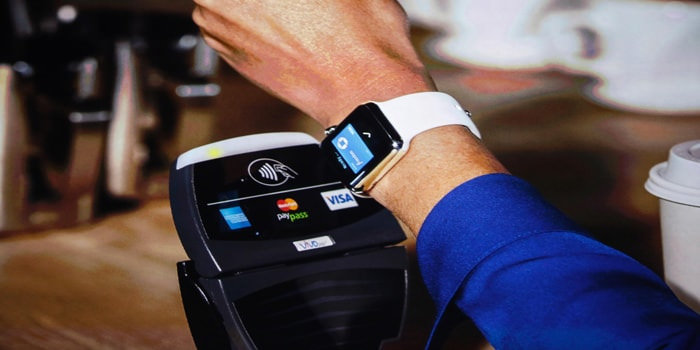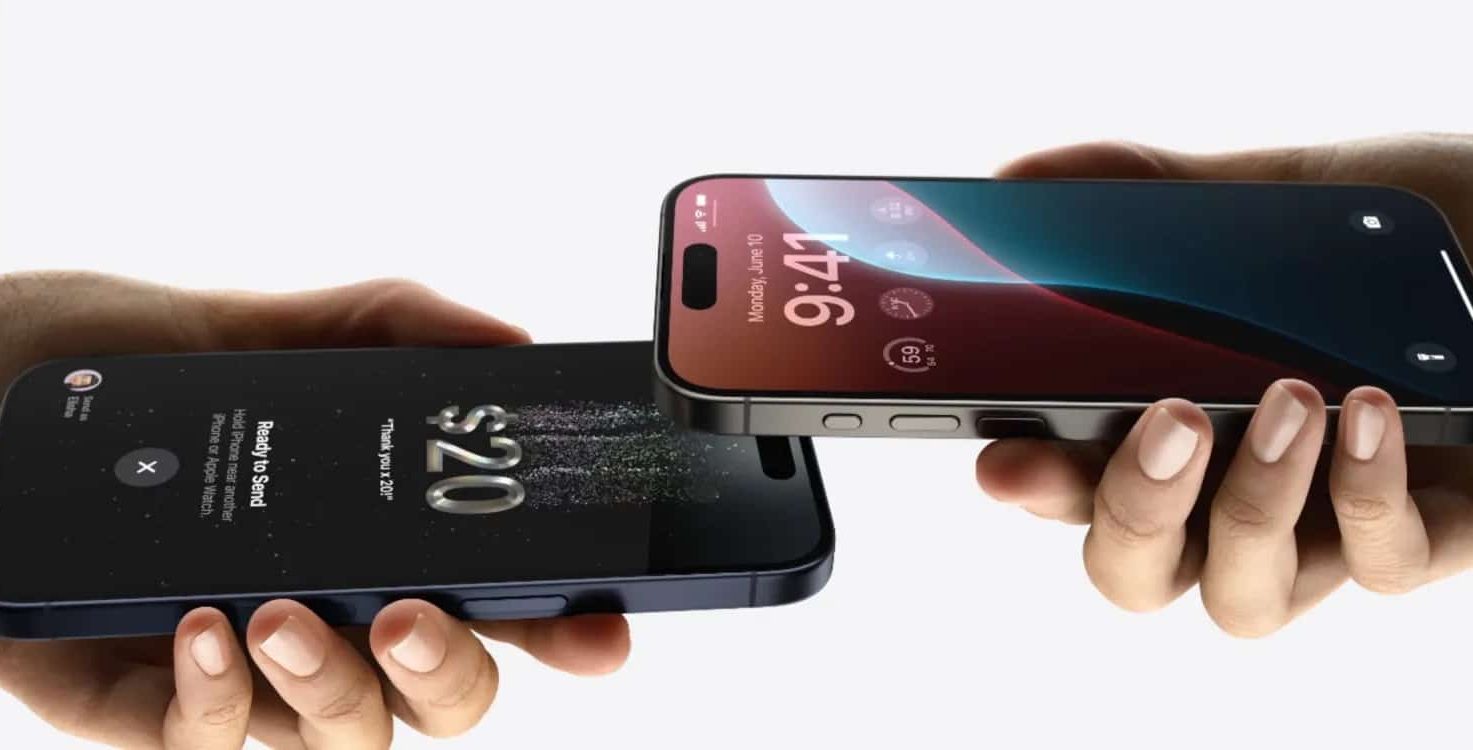The Evolution of Apple Pay and Apple Wallet
When Apple Pay launched in 2014, it set the standard for mobile payments by offering a secure and seamless way to conduct transactions. Apple Wallet, introduced shortly after, became a hub for storing not only credit cards but also boarding passes, loyalty cards, and digital tickets. Over the years, these services have become essential tools for millions of users globally, providing them with greater convenience in their everyday lives.
In recent years, Apple has continued to expand the capabilities of Apple Wallet, with features like CarKey, which allows users to unlock and start their vehicles using their iPhones. Initially introduced with select car manufacturers like BMW, this feature has been a game-changer for users who want to simplify their interactions with their vehicles. The potential extension of this technology to rental vehicles through digital keys would mark the next logical step in Apple’s efforts to enhance the Apple network of services.
Revolutionizing the Car Rental Experience
One of the biggest pain points in the car rental industry is the often cumbersome process of picking up and returning vehicles. Traditionally, this requires standing in line at rental counters, handling physical paperwork, and waiting for staff to process the rental before a customer can drive away. This approach not only consumes time but also adds frustration, especially after long flights or busy travel schedules.
By integrating digital keys for rental vehicles into Apple Pay and Apple Wallet, Apple would eliminate many of these inconveniences. Users would be able to book a rental car, receive a digital key directly to their Apple Wallet, and unlock and start their rental vehicle without ever interacting with a rental agent. This process would save significant time and provide a more seamless rental experience—transforming how consumers rent cars, whether for business trips or leisure travel.
Additionally, returning the car would be just as efficient. Instead of having to visit the rental counter, users could simply park the car in a designated return area, lock it with their digital key, and walk away—no need to hand over physical keys or sign off on paperwork.
Apple’s Focus on Privacy and Security

Apple is known for its commitment to privacy and security, and any expansion of its digital services will be underpinned by these values. Apple Wallet already uses Face ID and Touch ID for secure authentication when accessing sensitive information, including payment data and car keys. The CarKey feature, for example, ensures that only authorized users can unlock and start their vehicles.
The integration of digital keys for rental vehicles will likely follow the same rigorous security protocols. For users, this means their rental car keys are protected by end-to-end encryption, ensuring that even if their iPhone is lost or stolen, unauthorized access to the vehicle is nearly impossible. Apple’s focus on privacy is a key factor that will give users confidence in adopting this new feature as it rolls out.
The Future of Apple’s Digital Network
The potential expansion of Apple Pay and Apple Wallet into the car rental industry reflects Apple’s broader ambition to integrate more services into its digital network. By offering digital keys for rental vehicles, Apple is pushing its technology further into everyday experiences, adding convenience to traditionally time-consuming tasks.
Moreover, this move could spark further innovation across the transportation sector. Apple could potentially expand its partnerships with more car rental companies, automakers, and even public transportation services to make digital keys more widely available. This would enable users to access a wide variety of vehicles, including electric scooters, bikes, and even autonomous vehicles, using their iPhones as a universal key.
Challenges and Industry Adoption
While the introduction of digital keys for rental vehicles has the potential to transform the industry, the success of this feature will depend on widespread adoption by rental companies. Major players like Hertz, Avis, and Enterprise would need to invest in compatible technologies to ensure their vehicles can integrate with Apple’s digital key system. This would likely involve upgrading their fleets with NFC (Near Field Communication) technology, similar to what luxury carmakers have done to support CarKey.
Additionally, regulatory and infrastructure challenges could slow down the rollout. For instance, rental car companies in different regions may need to navigate various legal and security standards before fully embracing digital keys. However, given the growing trend of contactless technology and increasing consumer demand for convenience, these challenges may not be insurmountable.
A Seamless Future for Travelers
The integration of digital keys for rental vehicles via Apple Pay and Apple Wallet has the potential to revolutionize the car rental industry, offering consumers a faster, more convenient way to rent vehicles. As Apple continues to expand its digital services and refine its technology, this feature could pave the way for broader adoption across the transportation sector.
Apple’s commitment to privacy and security, coupled with its ability to streamline complex processes, positions it as a leader in shaping the future of how consumers interact with everyday services. The digital key feature is yet another example of how Apple is transforming convenience into a digital-first experience, ensuring that users are always at the forefront of innovation.








